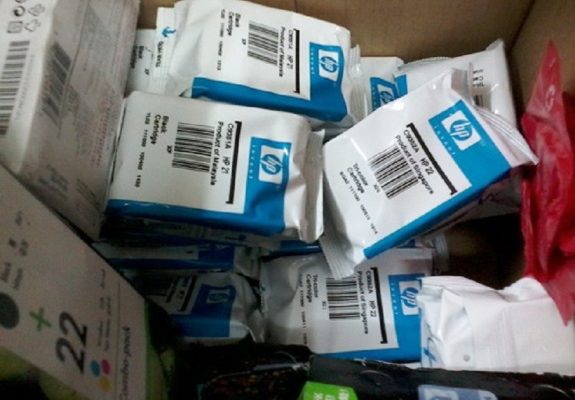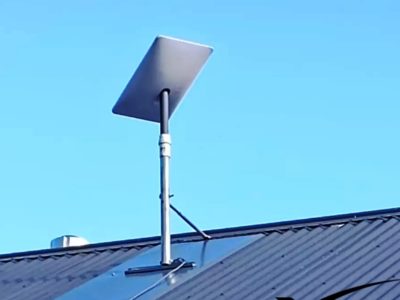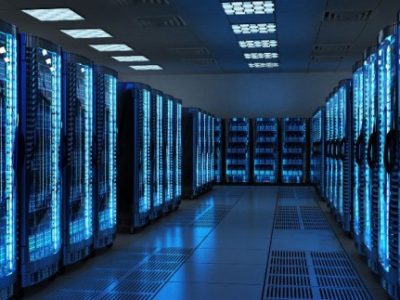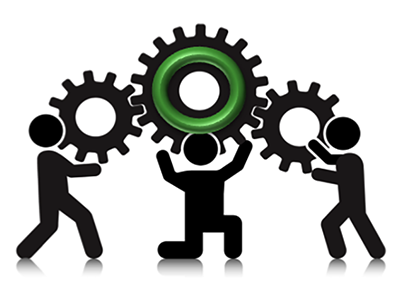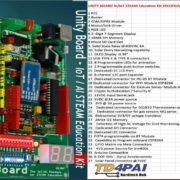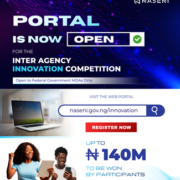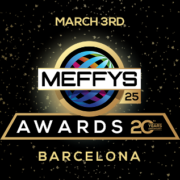By SEGUN ORUAME
In the bustling streets of Otigba, also known as Computer Village, nearly every product has a counterfeit twin. Popular items not only have duplicates but counterfeits of counterfeits. The printer ink market, in particular, has become a feeding ground for counterfeiters, with fake cartridges making up the majority of products sold. Despite the high demand for original ink cartridges, they are increasingly scarce due to high import duties, leaving the market wide open for fake products.
Otigba is Nigeria’s tech hub, a center for software, hardware, and accessories. While small in size, the volume of transactions is staggering, amounting to billions each week. Beneath its legitimate business, Otigba is also a thriving hub for counterfeit products, including fake ink cartridges, pirated software, and refurbished tech.
For ink cartridges, original products are few and far between
When it comes to ink cartridges, original products are few and far between. An estimated 80% of the cartridges sold in Otigba are fake, with the remaining 20% being authentic but often mixed with counterfeits. High import duties, ranging from 25% to 45%, keep original cartridges out of reach for most consumers, making fakes a more attractive option.
The counterfeit market in Otigba is not just a Nigerian issue. It’s a global problem, affecting regions like Europe, the Middle East, and Africa. According to Hewlett-Packard (HP), billions of dollars are lost worldwide to counterfeit ink sales, and counterfeiters are gaining ground even in traditionally regulated markets like Europe.
Nigeria’s high import costs make it fertile ground for counterfeiters. Original ink cartridges are subject to duties that drive up their cost, with prices often reaching 50% more than the original value due to additional charges. As a result, counterfeiters capitalize on this gap, selling fake products that closely resemble the real thing but at a slightly lower price. This pricing strategy often misleads consumers into believing they are getting a deal on original products.
Counterfeiters continue to thrive
While HP and other companies have launched anti-counterfeiting campaigns, the counterfeiters continue to thrive. Fake inks are nearly indistinguishable from genuine ones, and consumers often unknowingly purchase counterfeit cartridges, believing them to be real. The fake products don’t just hurt businesses; they also damage printers. Substandard ink can cause printers to malfunction, void warranties, and cost consumers more in repairs or replacements.
The counterfeit ink market in Nigeria is driven by a combination of factors: sellers eager to make quick profits and buyers looking to save on costs. However, this is often a false economy. Cheap ink may seem like a good deal, but the long-term damage it causes to printers ultimately makes it more expensive for consumers. As one report notes, counterfeit ink lasts a shorter time than the original and can cause printers to break down more frequently.
Despite these risks, fake ink merchants are undeterred. “Everyone wants something cheap,” one Otigba dealer remarked. He sources his stock from Dubai and has a team of ‘experts’ who mix cartridges to meet the demand for low-cost refills. Popular brands include Impact and JR Inkjet, which sell for as little as ₦1,400 ($10).
While counterfeiters smile to the bank, legitimate dealers like Despec, an HP partner, struggle. The high cost of importing original products makes it difficult for them to compete. Duties on consumables like ink and toner are still very high in Nigeria, ranging from 20% to 35%. For example, the popular HP 51645A cartridge is subject to a 35% duty on its ₦3,650 retail price. This inflated cost only encourages counterfeiters to flood the market with fake products.
HP leads legal actions against fake inks
HP has been working to combat counterfeiters, stopping the entry of fake cartridges into markets like EMEA (Europe, Middle East, and Africa). The company has conducted over 800 investigations, leading to more than 220 legal actions and the seizure of over 800,000 counterfeit products. However, HP admits that this is just the tip of the iceberg.
In Nigeria, the counterfeit market makes up about 80% of the total ink market. Without counterfeits, the market could be worth $80 million, attracting more legitimate dealers. HP is actively engaging with governments in the region to reduce import tariffs and strengthen anti-counterfeiting laws.
As HP and other legitimate dealers continue their fight, counterfeiters remain deeply entrenched. The battle against fake ink cartridges in Otigba is far from over, but with increased legal actions and partnerships with local authorities, there is hope for a more transparent market.

